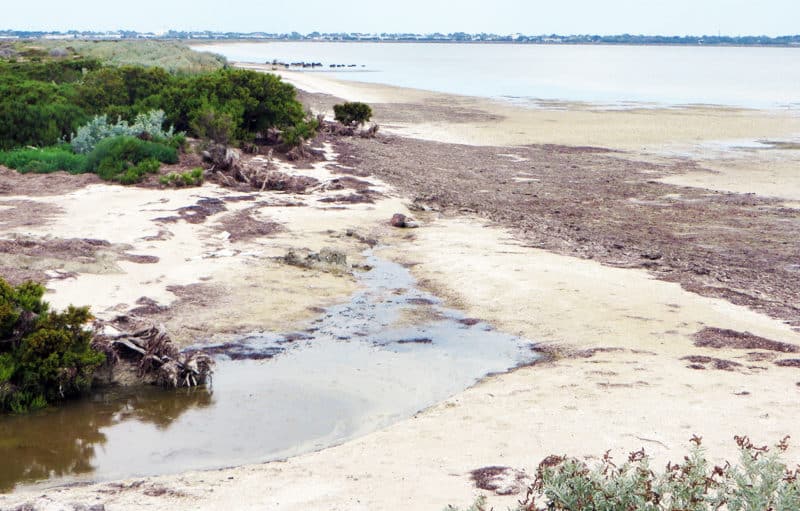Recreational and commercial harvesting is risking the future of pipis, a small mollusc on Victoria’s beaches.
Pipis live beneath the sand in the intertidal zone of high-energy beaches. They feed on phytoplankton, and in turn are eaten by shorebirds like the pied oystercatcher. Their greatest numbers are in the Cape Liptrap and Discovery Bay coastal parks.
Pipis are under enormous pressure from recreational harvesting – on some days there can be up to 2,000 people taking pipis from Venus Bay Beach – and there are signs their numbers are in dramatic decline.
Along with declining pipi stocks, pipi harvesting:
- damages coastal dune habitats as recreational harvesters access the beach
- reduces food for shorebirds
- disturbs beach-nesting birds like the threatened hooded plover
- creates litter problems where large numbers of harvesters gather.
Despite this, areas in the two parks were opened to commercial harvesting by Fisheries Victoria, which follows on from the agency’s poor management of recreational harvesting. Its claims that pipi harvesting is sustainable cannot be supported by the very limited science available.
We believe the Andrews Government should:
- close parts of the coastal parks to recreational harvesting to allow pipi recovery and assist scientific studies
- conduct a comprehensive assessment of the ecological sustainability of pipi harvesting
- implement a multi-lingual education program to encourage pipi conservation among recreational harvesters
- ensure that the responsible agency for assessing, permitting and managing pipi harvesting in coastal parks is Parks Victoria, not Fisheries Victoria
- review the appropriateness of pipi harvesting in coastal parks.
For more information see:
